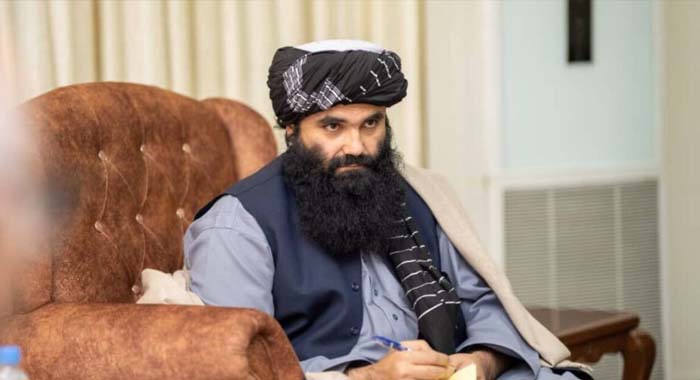Fresh cracks have emerged in the Taliban’s leadership after Interior Minister Sirajuddin Haqqani blocked an austerity directive from supreme leader Hibatullah Akhundzada that sought to slash government staffing by 20 percent, multiple sources confirmed. The dispute has left thousands of Interior Ministry employees without salaries for two months, underscoring what observers describe as the Taliban’s growing dysfunction and inability to govern.
According to sources familiar with the matter, Akhundzada’s order, issued last year, was designed to impose drastic cost-cutting measures across ministries, including defense, education and security. While other departments eventually complied under financial pressure, Haqqani openly resisted, arguing that the reduction would dismantle his network of trusted and loyal personnel within the ministry’s ranks.
The Taliban’s Finance Ministry retaliated by freezing salary payments to Interior Ministry employees. In a sign of the group’s chaotic governance, Haqqani reportedly offered to cover the salaries from his personal budget rather than carry out the staff cuts. Analysts say this extraordinary move reflects the degree to which ministries operate as personal fiefdoms rather than coherent state institutions.
“This opposition stems from Haqqani’s desire to retain individuals he trusts within the ministry,” one insider told Afghan based Amu TV. Another observer noted that the Interior Ministry under Haqqani has become a bastion of loyalists, many drawn from the notorious Haqqani Network, with little accountability to the wider regime.
Former Afghan parliamentarian Mohammad Arif Rahmani said the episode lays bare long-standing rivalries at the top of the Taliban hierarchy. “The core disagreement is between Hibatullah Akhundzada and Sirajuddin Haqqani,” Rahmani explained. “Since Akhundzada became the Taliban’s leader, tensions between them have existed at various levels.”
The fallout has further eroded confidence in the Taliban’s ability to run a modern state. Ordinary employees remain unpaid, ministries operate under conflicting directives, and powerbrokers pursue personal agendas over public governance. Even as the group publicly denies internal divisions, its failure to enforce uniform policy illustrates deep fractures that critics say mirror the Taliban’s broader record of repression, mismanagement and corruption.
The episode also highlights the Taliban’s hypocrisy: while ordinary Afghans struggle under economic collapse, senior leaders protect their own cadres and cling to influence. Analysts warn that such internal battles not only weaken the regime’s grip on power but also expose the fragility of its promises of stability.
Akhundzada’s austerity order initially touted as a means to streamline government spending now appears to be mired in selective enforcement and political resistance. The open defiance by Haqqani, one of the Taliban’s most powerful figures, signals a deepening rift that could further destabilize an already fractured regime.





